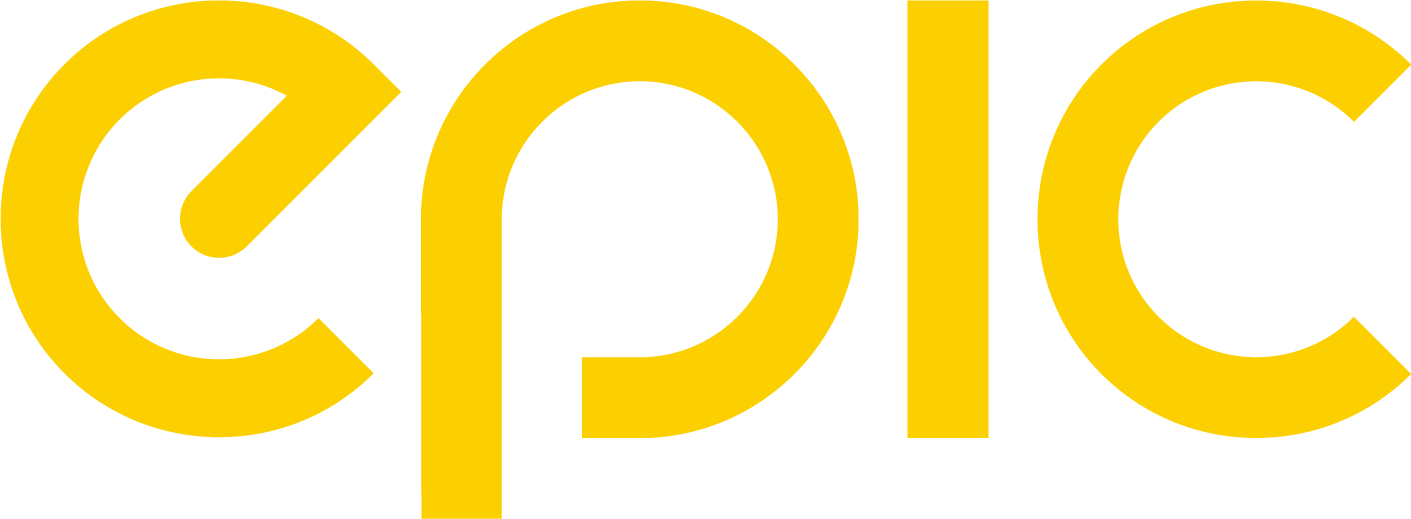A slogan is a fantastic way to convey value proposition. Through the use of a motto or phrase that represents an idea or purpose, communication to your intended audience helps to make your product or service memorable.
Commonly referred to as a “tagline,” a marketing slogan is traditionally “catchy” and (hopefully) captures audience members’ attention and influences their association with the slogan and the product it is representing. By doing so, the hope is that the brand becomes identifiable and increases conversion (i.e., purchases).
Think for a moment about what you think of when you hear the following: “Just Do It,” “I’m lovin’ it,” or “got milk?” Your mind automatically jumps to the Nike swoosh, the McDonald’s golden arches, and the widely-recognized milk mustache. Perhaps you were reminded that you love your running shoes and need a new pair, that your kids have been particularly good this week and deserve a happy meal and an hour in the “playplace”, or that you’re running low on milk and need to do a store run. If this is the case, then these slogans definitely accomplished what they were intended for.
As with the above example, a slogan helps your brand stand out, highlighting the core of your messaging. It beckons the question, then, what makes an advertising slogan successful?
Essentially, smart advertising should deliver results. It does no good to have a corporate jingle or catch phrase that audience members are still left wondering, who was that company? A successful slogan ought to direct consumer preference toward your product and hopefully positively influence their buying behavior. Your slogan should be creatively appealing, and traditionally pair an adjective with a describing noun.
In essence, catch what your company or brand stands for in as succinct a manner as possible. When in doubt, it’s always beneficial to consult your marketing or advertising agency for guidance. If your current slogan is not working for you, or you feel that your company could benefit from a refresh, contact the marketing and advertising experts at Epic Marketing. We specialize in brand identity, messaging, and all-things creative.

